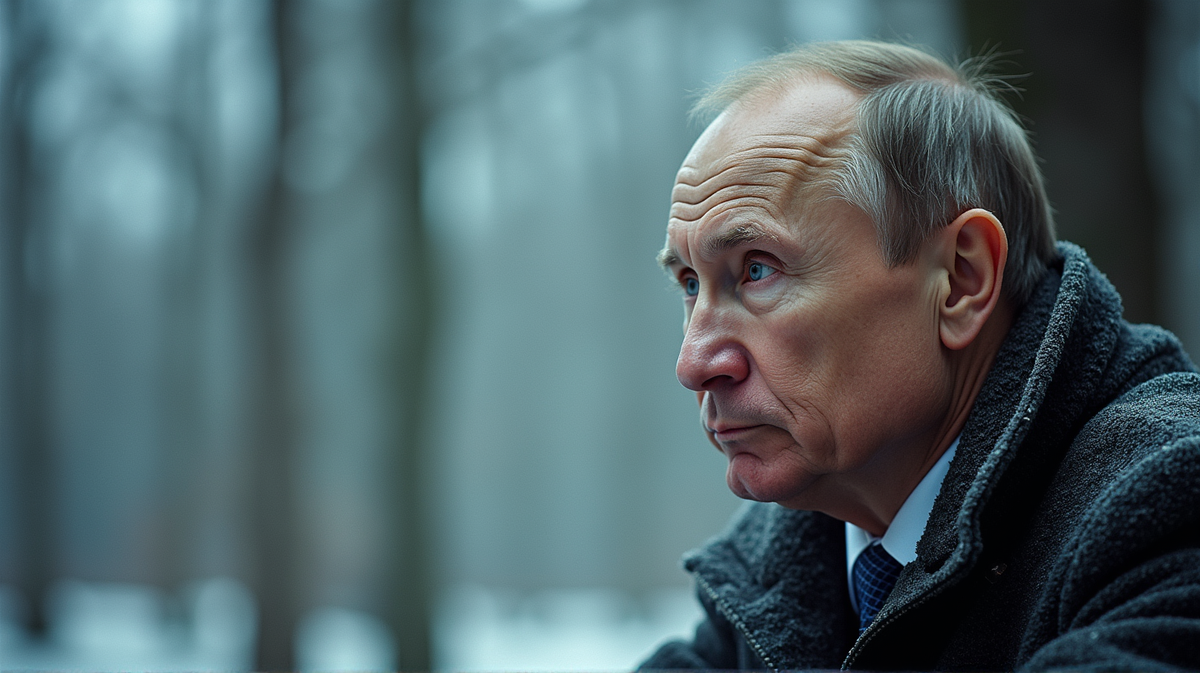EU Weighs Bold Move: Using Frozen Russian Assets for Ukraine Aid
The EU might use frozen Russian assets as promissory notes to support Ukraine, a notable strategy sparked by European Commission representatives.

In a striking development, the European Commission has put forth a novel proposal to redirect frozen Russian assets to Ukraine. Promising a significant shift in financial strategy, the proposal suggests converting these assets into promissory notes. This approach involves exchanging cash deposits for secure bonds guaranteed by EU countries, marking a pivotal step in supporting Ukraine amidst ongoing geopolitical challenges.
A Financial Puzzle: Balancing Risks and Rewards
Despite the innovation, the proposal is met with skepticism by some EU members. The Belgian Foreign Ministry, holding sway over 210 billion euros of these assets, has voiced caution. In light of existing commitments, particularly guarantees provided for G7 loans to Ukraine slated for repayment by 2040, Belgian authorities emphasize the need for prudence. The representative metaphorically highlights concerns, warning against “slaughtering the goose that lays the golden eggs.”
Echoes Across the Globe: An Intersection of Politics and Economics
This move isn’t happening in isolation. As tensions heighten in various regions around the world, the potential redeployment of assets is part of a complex puzzle of international relations and economic strategies. According to Fakti.bg, the initiative is part of wider attempts to foster stability and growth in the region. Meanwhile, other global stories paint a vivid picture of geopolitical challenges.
Global Concerns: The Ripple Effect of Policy Changes
From Poland to Spain, the reverberations of international decisions are felt across borders. In Poland, NATO troops have received a green light to maintain their presence, underscoring a regional security emphasis. In contrast, clashes in Spain over Palestinian rights spotlight the complex tapestry of global political interests.
Beyond Europe: Broader Geopolitical Narratives
In Moldova, allegations against Russia of election interference amplify the narrative of political discord. President Maia Sandu’s remarks further underline the intersection of local governance and international influence. Meanwhile, the Netherlands continues its economic engagements, reflecting the multifaceted nature of international trade relations even amid conflict-driven criticism.
The Bigger Picture: Logistics, Commerce, and Sovereignty
Every policy decision and governmental action today has a ripple effect in global commerce and territorial sovereignty. With each nation weighing its strategic priorities, the balance of power remains in constant flux. As the EU contemplates this innovative financial tool, the broader world keeps a vigilant eye on the unfolding dynamics of economic and political landscapes.
Concluding Thoughts: The Intersection of Strategy and Humanity
As we unpack these intricate scenarios, the common thread is the human element—a drive for stability, prosperity, and peace. Drawing lessons from the past while navigating current complexities, nations globally aspire towards a secure and sustainable future. Will the EU’s bold financial strategy unfold as envisaged, or will it face unexpected hurdles? Only time will tell. Stay tuned for further developments.





